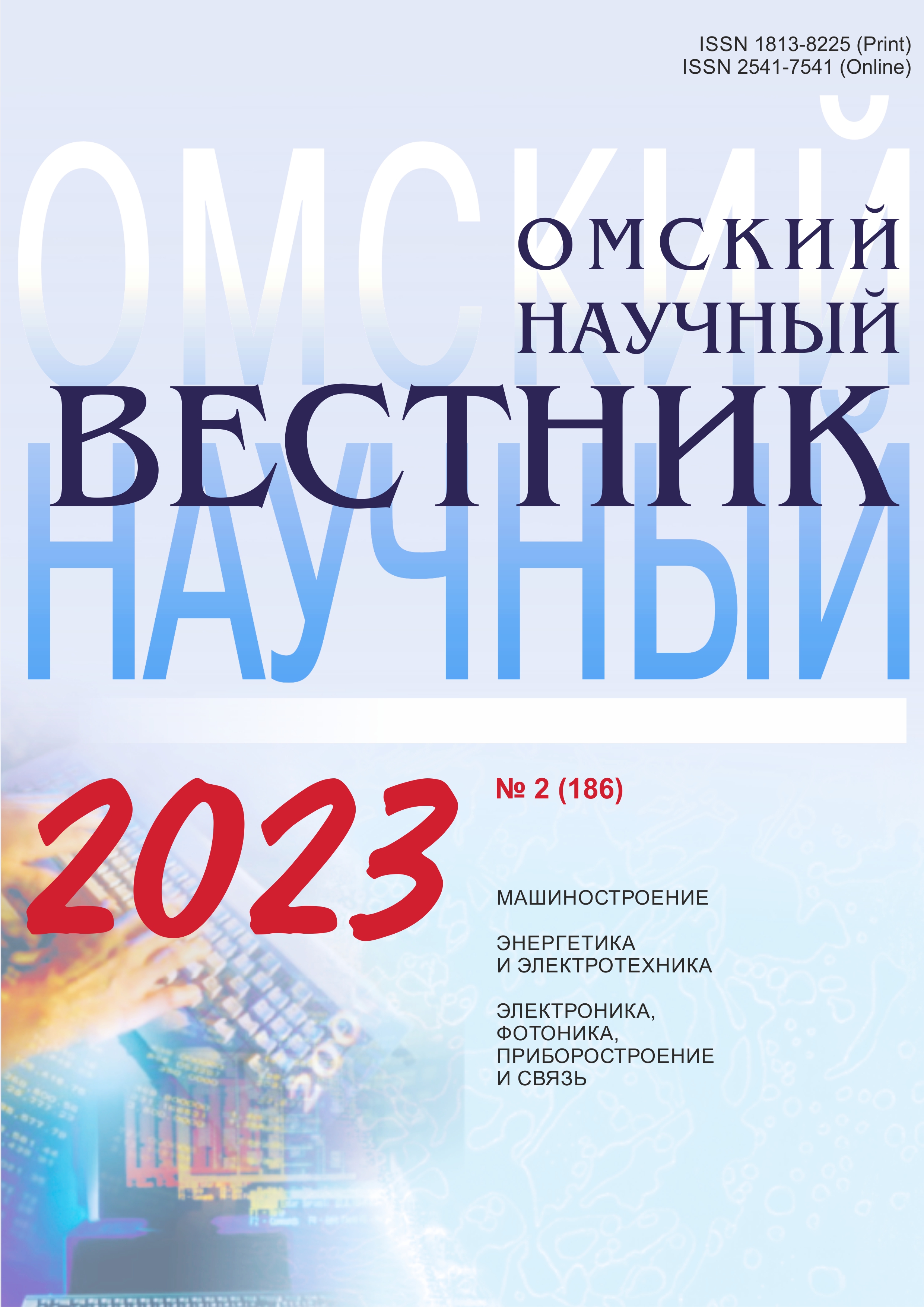Estimation of the probability of failure during operation of a prefabricated cutting tool with replaceable polyhedral plates by nonparametric statistics methods
DOI:
https://doi.org/10.25206/1813-8225-2023-186-35-43Keywords:
prefabricated cutting tool, replaceable polyhedral plates, operability, failure probability, Shapiro–Wilk agreement criterion, nonparametric statistics, Parsen–Rosenblatt method, distribution density functionAbstract
The article discusses the issues of durability of a prefabricated cutting tool in the process of metal cutting, as well as the risk of loss of its operability. In the course of
assessing the probability of tool failure in violation of the established wear criterion, the results of a production experiment are used when roughing the Shaft part made
of a rod with a diameter of ø 58 mm made of HN77TYUR alloy. The processing of the part is carried out with a prefabricated cutting tool with replaceable polyhedral
plates of round and square shape, having a special type of alloys: VK6m, VK8 and T15K6. To evaluate the results obtained and describe their distribution, the authors
use the Shapiro–Wilk agreement criterion to check the correlation between the initial data and the corresponding assumption of their normal distribution. Since the obtained production test data do not obey the normal distribution law, the nonparametric Parsen–Rosenblatt method is used for further analysis.
Downloads
Published
How to Cite
Issue
Section
License
Non-exclusive rights to the article are transferred to the journal in full accordance with the Creative Commons License BY-NC-SA 4.0 «Attribution-NonCommercial-ShareAlike 4.0 Worldwide License (CC BY-NC-SA 4.0»)




